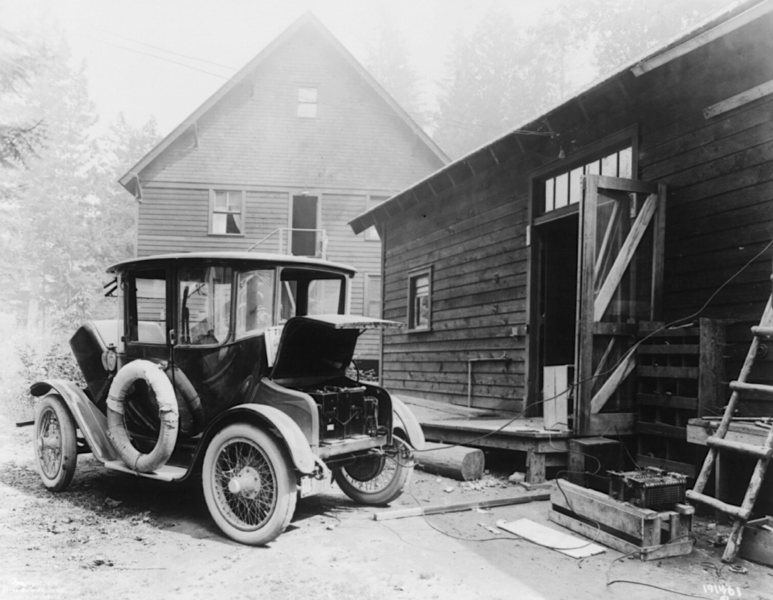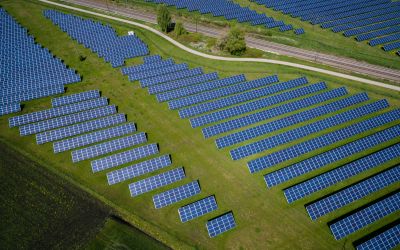Electric cars more expensive than petrol for next 20 years
Electric and hydrogen cars will remain more expensive than conventional vehicles until at least 2025 or 2030.

Electric and hydrogen cars will remain more expensive than conventional vehicles until at least 2025 or 2030. The study published by the Low Carbon Vehicle Partnership (LowCVP) state that the £5,000 subsides offered by the UK government to those buying green vehicles is not enough to tilt the balance.
Despite higher running costs of petrol and diesel cars, improved energy storage and greater tax incentives will be required if green vehicles are to compete in the current climate. Currently there is a £5,000 difference in the annual cost of ownership.
Taking into account the negative externalities of fossil fuel use, such as air pollution, carbon dioxide emissions, decreasing availability of oil and reliance on unstable oil producing nations, it is clear that electric and or hydrogen vehicles are the way forward, but much investment is needed if this change is going to happen in the next 20 years.
The report also takes into account the expected improved fuel efficiency of conventional cars in response to increased fuel prices, with hybrid and small sized cars becoming more commonplace. EU emissions targets require 1.7 million low carbon vehicles on the roads by 2020 and this target is going to be missed significantly if changes are not made.
Greg Archer, managing director of the LowCVP however says, “we will need to increase low-carbon vehicles to meet our 2050 emissions targets, but in the short term we need to progressively ramp up the market penetration of low-carbon cars to take on a significant market share from 2025 onwards,” stating that the effect of electric cars in the market will not be seen until later, while currently most emissions cuts are being made by fuel efficiency.
There are still problems associated with electric cars that mean given similar pricing, customers are likely to choose conventional vehicles. ‘Range anxiety’ caused by customers worrying over whether their battery will run out before they reach their destination, as well as the availability of charging points, is a key concern. In fact, for the average commuter this should never be a problem, but customers often refer to the freedom of being able to travel long distances in a conventional vehicle. Charging times are also seen as a concern, with developments like the DC Fast Charging stations allowing a near full recharge in 30 minutes being rolled out nationwide in the US by 2013.


